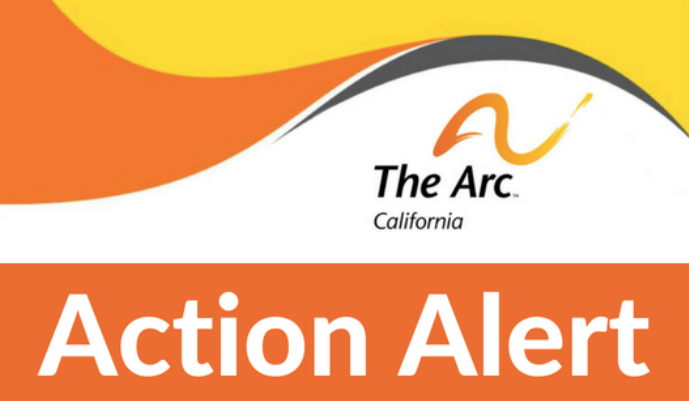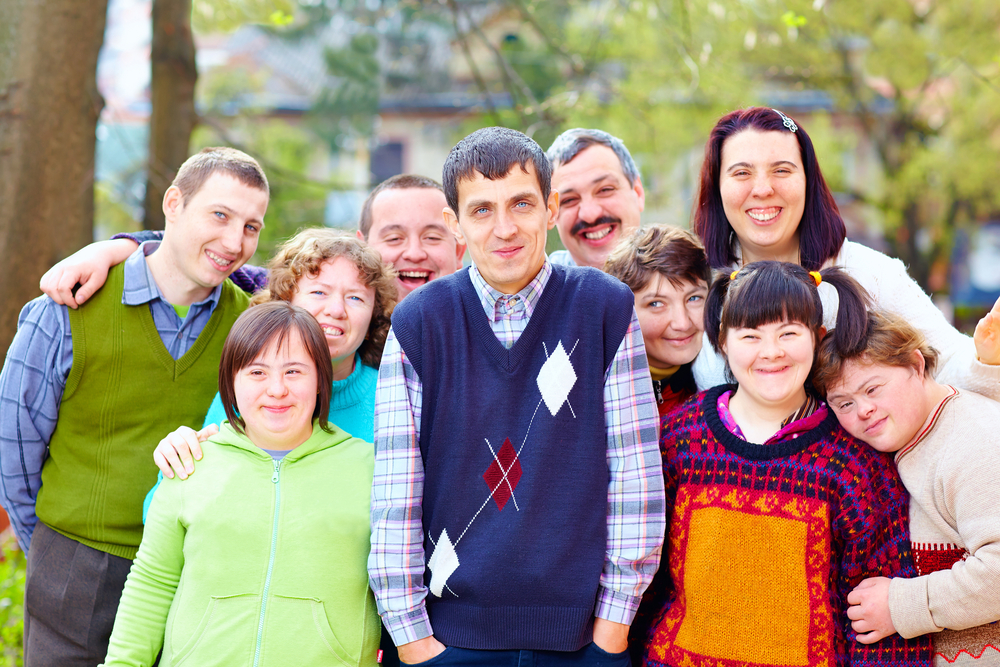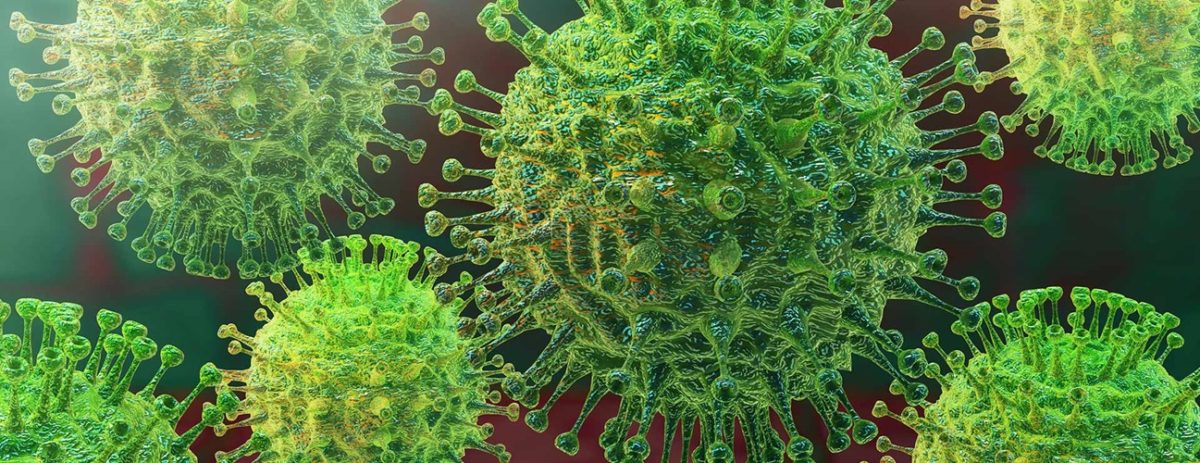Given the recent media coverage of the 2019 Novel Coronavirus (also referred to as the new Coronavirus) outbreak and the on-going public health alerts it is no wonder so many people are fearful. In hoping to alleviate some of that fear I wanted share what I have learned about the new Coronavirus and prevention efforts. It is being called the “new” Coronavirus because it is a new strain of existing Coronaviruses that are part of a large family of viruses that cause respiratory illnesses from the common cold to severe respiratory illnesses such as the Severe Acute Respiratory Syndrome (SARS). Since this is a new strain scientists and infection control specialist are still learning how it spreads, what the incubation period is, how contagious the virus may be, and whether or not antiviral medications would be effective in reducing duration and severity.
As of February 4, 2020, there were 6 confirmed cases in California. The CA Department of Public health is working closely with the Centers for Disease Control and local partners to activate emergency operations to address and prepare for the new Coronavirus, which does include the quarantine of passengers returning from to San Francisco from China. The quarantine is 14 days because there is still not a lot of information about the incubation period and some believe it could be anywhere from 5 – 14 days. CA has a very strong Public Health Department and is acting with great caution to reduce the risk and spread of the new Coronavirus. The Director of the Department, Dr. Sonia Angell wants the public to know “The novel coronavirus is a serious public health concern, however the risk to the general public in California remains low. We have had only one case of person-to-person transmission here and it was from a traveler to China to a spouse. Both are in stable condition.” Public health officials are asking anyone who has recently traveled, especially to China, or believe that they have come into contact with the virus to contact their local health department.
Public Health efforts in CA center on preventing the spread of this virus as such they continue to do the following:
- Maintain current information about the outbreak and how to report suspected cases
- Coordinate with Federal Authorities regarding quarantines
- Communicate with health care providers about how to safely manage patients suspected of having the virus
- Support hospitals and public health labs for on-site testing rather than tests being sent to the CDC
- Provide a coordinated response across the state
The CDC reminds us that the best way to prevent infection if to avoid being exposed to the virus. The risk of exposure to this and many other viruses can be significantly reduced by practicing everyday prevention habits that include:
- Wash your hands often with soap and water for at least 20 seconds, especially after going to the bathroom; before eating; and after blowing your nose, coughing, or sneezing.
- If soap and water are not readily available, use an alcohol-based hand sanitizer with at least 60% alcohol. Always wash hands with soap and water if hands are visibly dirty.
- Avoid touching your eyes, nose, and mouth with unwashed hands.
- Avoid close contact with people who are sick.
- Stay home when you are sick.
- Cover your cough or sneeze with a tissue, then throw the tissue in the trash.
- Clean and disinfect frequently touched objects and surfaces using a regular household cleaning spray or wipe.
To learn more or stay up to date on what the CDPH is doing to protect California from this virus visit: https://www.cdph.ca.gov






